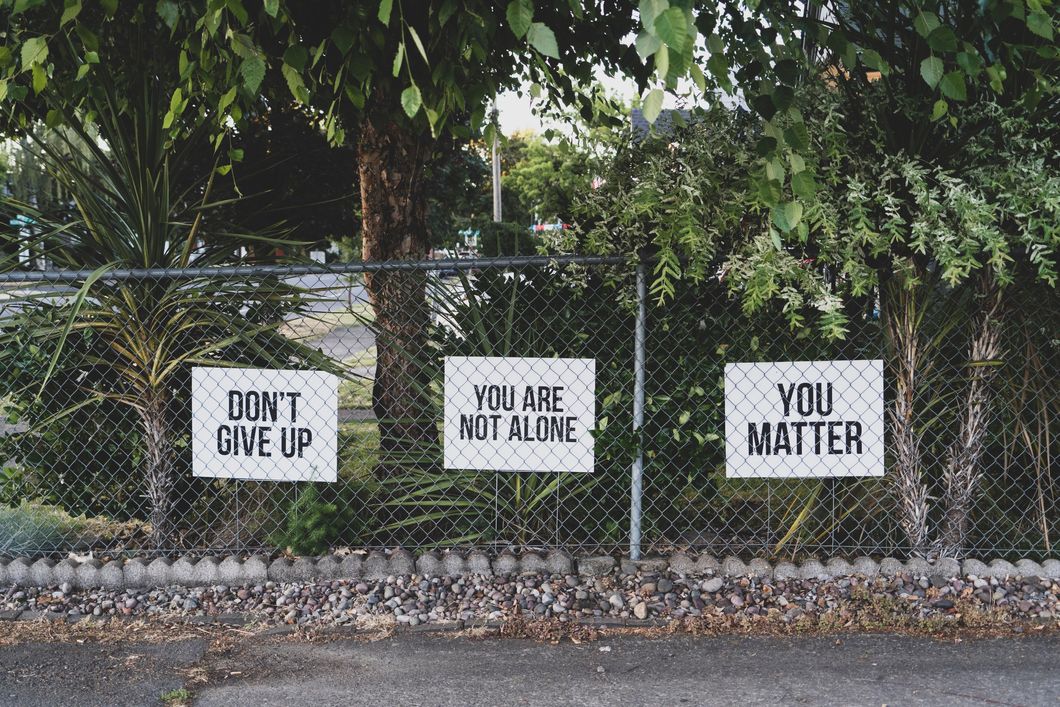I love this post on the importance of Mental Health Awareness Month, which is recognized throughout the month of May each year. Over the past few years, I have become passionate about efforts to destigmatize mental health disorders.
The author's main point was that May isn't just another month, and mental health isn't something to take lightly, which I could not agree with more. According to data collected by NAMI in 2020, suicide is the 2nd leading cause of death for individuals aged 10-34, and 90% of those who die by suicide have experienced symptoms of mental illness. These statistics are just the tip of the iceberg in underscoring how important it is to have conversations surrounding mental health.
The pandemic has made the need for this care even more pressing. Going off of the same study conducted by NAMI, they found that 1 in 5 people reported that the pandemic had a negative impact on their mental health. So, if there was any time to pay attention to our mental well-being, it is now. Talking about these issues is critical to decreasing the amount of individuals that suffer from mental health disorders in silence.
From my own experience, one of the most important things that I have learned through focusing my attention on understanding mental illness is that often, people just need someone to listen. I really liked the author's attention to this in her article. The easiest thing that we can do to de-stigmatize mental illness is to listen to our loved ones when they open up about experiencing mental health issues. We don't always need to offer advice on how to solve the issue -- unless they specifically request it -- and we certainly shouldn't discredit or doubt anything that they are telling us.
The main article touches on this point numerous times, and I think it's such an important point to emphasize. We cannot see what others are going through, so the best thing that we can do is to listen and be supportive. We can offer advice when it is requested. And most importantly, we can make sure to check in on our friends and do the best that we can to recognize when they might need extra support.
















